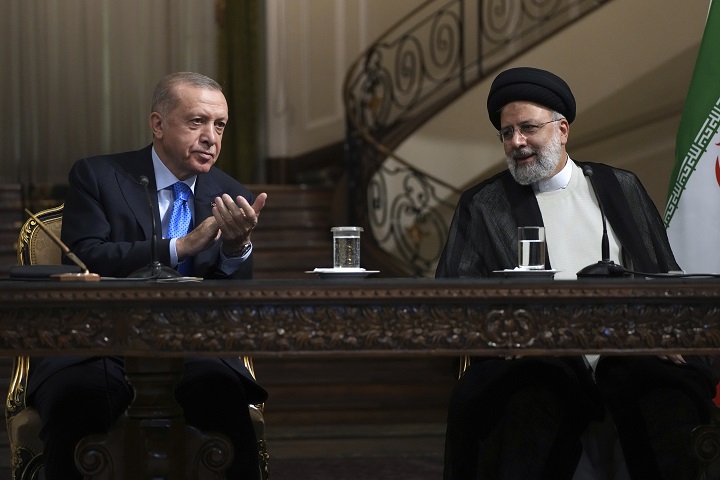Iran rejects nuclear talks
By Arne Bansch
Tehran (dpa) — Iran’s Supreme Leader Ayatollah Ali Khamenei has rejected possible negotiations with the United States over the country’s nuclear program.
“Under the current circumstances, negotiations with the U.S. government are of no benefit to our national interest,” the 86-year-old said Tuesday in a speech broadcast on state television.
Khamenei accused U.S. President Donald Trump of not wanting to hold genuine talks. As an example, he cited the demand that Iran completely cease uranium enrichment or limit the range of its missiles. “This is not a negotiation, this is a dictate,” Khamenei said.
The cleric also emphasized that Iran would never seek nuclear weapons. At the same time, he said that Iran would not give up its achievements in the nuclear industry, such as uranium enrichment.
“We have not bowed to pressure on this issue, nor on any other issue, and we will not do so,” Khamenei reiterated.
Israel waged war against Iran for 12 days in June and, together with the U.S., bombed key Iranian nuclear facilities.
Prior to the war, the U.S. had been negotiating with Tehran over the nuclear program for almost two months — without a breakthrough.
Khamenei has rarely appeared in public since the attacks in June. According to the Islamic Republic’s constitution, he is the spiritual and secular head of state of Iran. He is also commander-in-chief of the armed forces and has the final say in all strategic matters. Since the 1979 revolution, Iran has considered the U.S. and Israel archenemies of the Islamic Republic.
Earlier, Iranian President Masoud Pezeshkian dismissed rumors of a potential meeting with Trump on the sidelines of the U.N. General Assembly, in comments made shortly before his departure for New York.
Pezeshkian spoke in favor of dialogue and understanding in international relations, according to the IRNA state news agency.
“But you cannot negotiate with someone who wants to demonstrate power, tyrannize, destroy and cause harm,” he added, without referring to Trump by name.
Relations between Iran, the United States and Europe are at their most strained in years following the 12-day war in June.
The nuclear dispute intensified diplomatically following the war, when Iran’s government temporarily ended cooperation with the International Atomic Energy Agency.
Iranian Foreign Minister Abbas Araghchi met with IAEA chief Rafael Grossi in New York on Monday. Two weeks ago, both diplomats had agreed in Cairo to a plan for the resumption of nuclear inspections.
©2025 dpa GmbH. Distributed by Tribune Content Agency, LLC.


